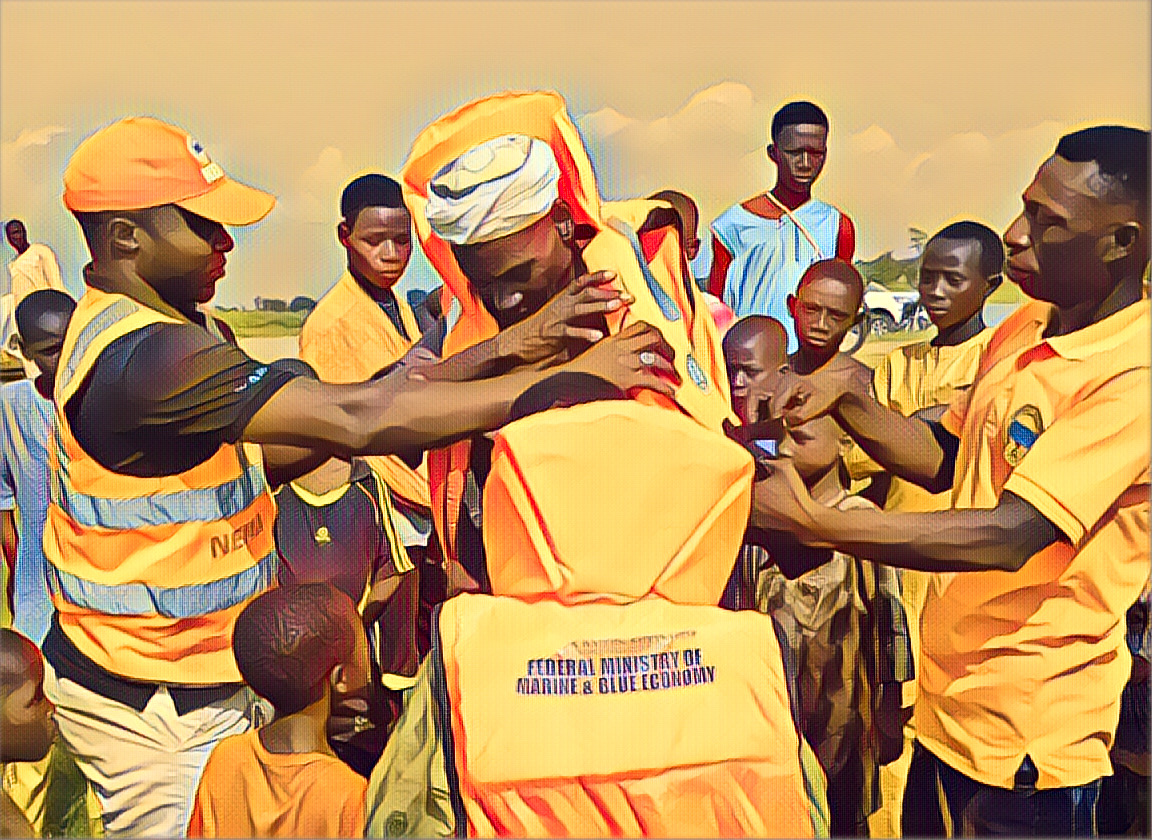KEY POINTS
-
At least 30 people died in the Niger boat accident.
-
Overloading and poor safety measures caused the disaster.
-
Dozens remain missing as rescue operations continue.
At least 30 people have been confirmed dead after a boat carrying nearly 90 passengers capsized in Niger State, northern Nigeria, officials said. The vessel, traveling along a water channel in the Gausawa community of Borgu Local Government Area, went down on Tuesday in one of the deadliest river accidents in the region this year.
Search and rescue after Niger boat accident
The National Emergency Management Agency (NEMA) said 50 passengers were rescued while one more body was recovered on Thursday, bringing the official death toll to 30. Dozens remain unaccounted for as divers, volunteers, and emergency workers continue search-and-rescue operations.
“Witnesses at the scene of the incident revealed that about 90 persons were onboard the ill-fated vessel. So far, 50 passengers have been rescued, while over 30 lives have been lost,” NEMA’s Head of Press Unit, Manzo Ezekiel, said in a statement.
NEMA noted that initial investigations suggested the accident was caused by overloading, worsened by a collision with a tree stump along the waterway. The agency’s Director General, Zubaida Umar, directed its Minna office to intensify rescue efforts, working with state authorities and community volunteers.
Recurring dangers of boat accidents in Nigeria
Boat accidents are a recurring tragedy across Nigeria, especially in riverine and rural communities where waterways remain a major means of transport. Overloading, lack of safety equipment, poorly maintained vessels, and weak enforcement of regulations have contributed to hundreds of deaths in recent years.
Accordinfg to Punch, authorities said the Niger State Emergency Management Agency is leading the joint operation with support from the National Inland Waterways Authority, the Hydroelectric Power Producing Areas Development Commission, the Nigerian Red Cross Society, and local divers.
The latest crash highlights the urgent need for stricter safety standards and public awareness campaigns on safe boating practices, particularly in states like Niger, where waterways serve as critical lifelines for trade and daily travel.


